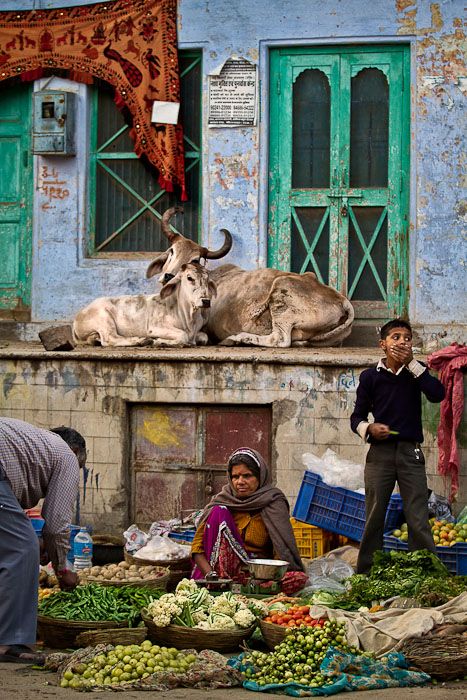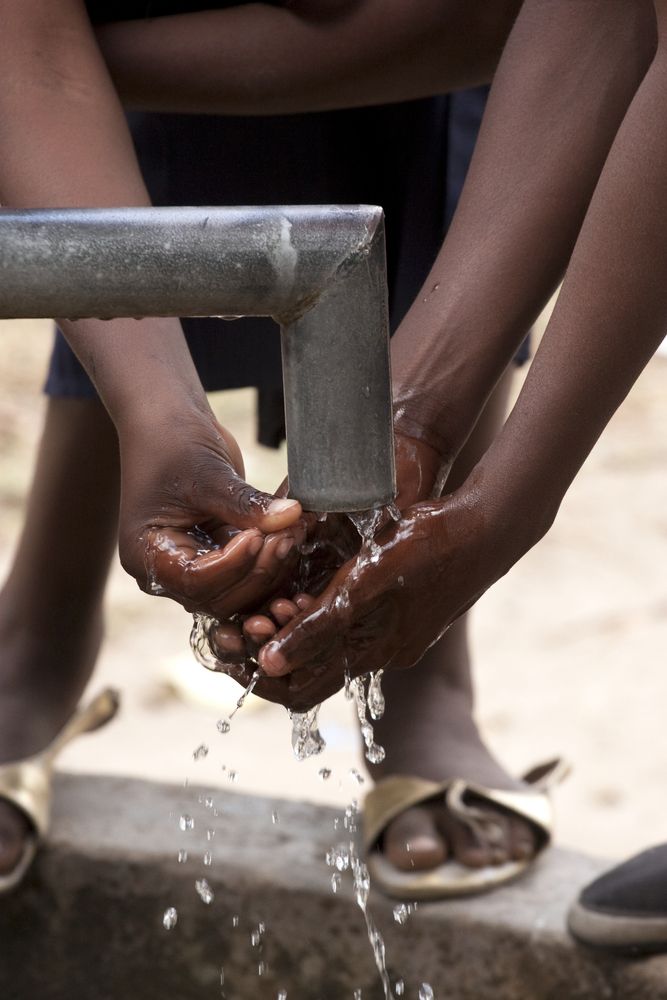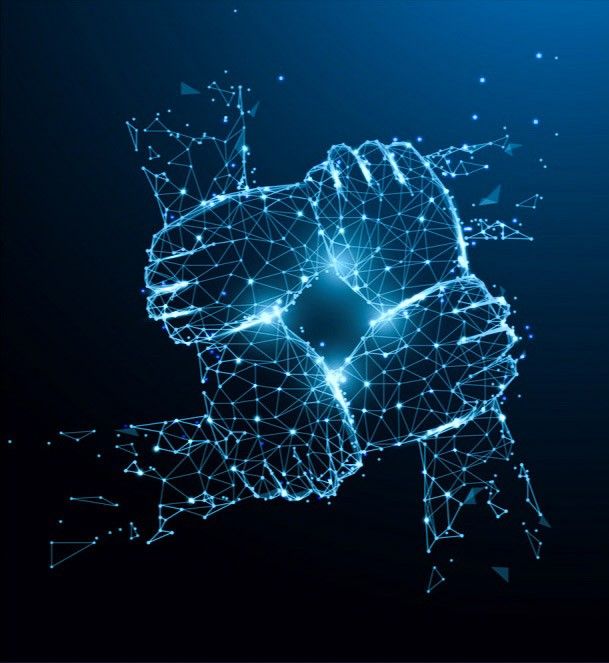The Global South Doesn’t Need a Savior: It Needs Equity

Introduction: A Flawed Hero Complex
For decades, the Global South—broadly referring to regions in Africa, Latin America, Asia, and Oceania—has been positioned as a passive recipient of charity, expertise, and salvation from the more industrialized Global North. Aid programs, international development goals, celebrity campaigns, and media narratives have shaped a well-intentioned but ultimately harmful storyline: the Global South is broken, and it needs to be fixed—by someone else.
But this savior narrative is outdated, patronizing, and ultimately counterproductive. It oversimplifies systemic issues, silences local agency, and reinforces colonial-era power imbalances. The Global South doesn't need rescuing. What it needs is equity: equal partnerships, fair trade, respect for sovereignty, and investment in its homegrown solutions.
The Savior Trope in Modern Disguise

image credit: pinterest
You’ve seen the imagery: a white volunteer in rural Africa holding a malnourished child, or a tech entrepreneur unveiling a “solution” to water scarcity without consulting local engineers. The storyline persists in popular culture, humanitarian campaigns, and even multilateral institutions.
While often driven by genuine concern, these efforts reinforce the idea that knowledge, innovation, and leadership only flow from North to South. It erases the fact that many of the challenges facing countries in the Global South—debt traps, economic dependence, climate vulnerability—are consequences of historical exploitation and ongoing structural inequality.
The term “savior” is no longer just a descriptor of missionaries or aid workers; it now includes foreign investors, NGOs, global influencers, and even governments who claim to act "in the best interest" of less-developed regions without giving these regions a seat at the table.
Local Solutions Are Being Ignored
Equity means trusting and investing in local capacities. Across Africa, Asia, and Latin America, communities have long devised solutions to their own problems. Whether it’s agroecology in Kenya, slum upgrading in India, or community-based disaster response in the Philippines, innovation thrives on the ground.
Unfortunately, these initiatives are often overlooked in favor of imported models that do not fit the local context. Take, for instance, agricultural subsidies promoted by international organizations that often undercut indigenous farming techniques or distort local markets. Or consider tech solutions like “learning tablets” dropped in classrooms without electricity or teachers.
These examples aren’t rare—they’re systemic. Solutions are parachuted in with little to no consultation, funding is funneled into foreign-led NGOs rather than local community organizations, and policies are dictated by donor priorities instead of grassroots needs.
The Cost of Asymmetry: A Structural Legacy
Colonialism may have formally ended, but its structures endure through unequal economic arrangements, trade policies, and debt systems. Countries in the Global South continue to face challenges rooted in their historical interactions with colonial powers.
For example, international debt servicing drains billions from African economies every year, funds that could otherwise go into education, healthcare, and infrastructure. Yet many of these debts were either odious (incurred by corrupt leaders) or have been paid multiple times over through interest.
Moreover, trade imbalances mean that raw materials from the Global South are exported cheaply, while finished goods are re-imported at high costs. This prevents many countries from industrializing or creating value chains that benefit their own populations.
When global summits about economic recovery or climate change take place, representatives from the Global South often find themselves with limited influence or access. Their voices are “heard” but not listened to.
Equity vs. Equality: Understanding the Difference

image credit: pinterest
While equality means giving everyone the same resources or opportunities, equity recognizes that different groups have different starting points and historical contexts. In the case of the Global South, equity means acknowledging centuries of extraction, exploitation, and exclusion—and designing systems that correct for those disparities.
It means:
Redistributing power, not just resources.
Transferring knowledge to, not just from, local communities.
Dismantling paternalistic policies and replacing them with co-authored frameworks.
For example, instead of offering food aid during a famine, what if the same money were invested in resilient local agriculture, seed banks, and water conservation systems? Instead of sending "Western experts" into public health crises, what if frontline health workers and traditional healers were better trained and paid?
Reimagining Global Partnerships
The future lies in partnerships of respect, not patronage. These partnerships must begin with listening—not just to elite technocrats in capital cities, but to local activists, indigenous leaders, smallholder farmers, youth organizers, and informal workers.
Organizations like BRAC in Bangladesh and Barefoot College in India show how locally-rooted models can be scaled globally without compromising integrity or dignity. These aren't exceptions; they’re blueprints.
International institutions must also adjust their power structures. For instance, the World Bank and IMF continue to be dominated by Global North interests despite their direct influence on Global South economies. That imbalance must shift if equity is to be realized.
A New Narrative of Empowerment
The media plays a powerful role in perpetuating the savior myth. Documentaries, social media campaigns, and even school curriculums must move away from depicting the Global South as a monolith of suffering and chaos.
Instead, highlight stories of resistance, ingenuity, and leadership. Showcase the youth activists in Senegal, the tech entrepreneurs in Lagos, the educators in Guatemala. Show the world that development is not something that happens to people—but something they actively shape.
The Global South must also reclaim its own narrative. Writers, filmmakers, and educators from within must be supported in producing stories that reflect the complexity, diversity, and potential of their regions.
Climate Justice as a Test Case
Climate change is perhaps the most glaring example of how equity, not charity, must define future action. Countries in the Global South contribute the least to global emissions but bear the worst consequences—floods, droughts, heatwaves, and food insecurity.
Instead of being “helped” through token climate finance or delayed aid pledges, they should be compensated. Not because of pity—but because it’s just.
Loss and damage financing, technology transfer, and investment in clean energy must be seen not as gifts but as owed redress for environmental injustice.
When island nations like Tuvalu or forest nations like the DRC speak at climate summits, their demands shouldn’t be footnotes—they should be headlines.
Conclusion: Equity as a Global Imperative
The Global South doesn’t need pity, charity, or performative allyship. It doesn’t need more pilots, prototypes, or press releases. What it needs is equity: a genuine recalibration of relationships that values its agency, listens to its voices, and invests in its visions.
For that to happen, the world—especially the Global North—must first unlearn the habit of saviorism. Only then can a future emerge that is not just sustainable, but just.
Because a world built on equity doesn’t save people—it empowers them to save themselves.
Recommended Articles
Sip Your Way to Health: Top 14 Anti-Inflammatory Teas Revealed
:max_bytes(150000):strip_icc()/Health-GettyImages-TeasForSleep-GreenTea-81370706a1f74a7995399f131213bda3.jpg)
Discover a comprehensive guide to various teas renowned for their potent anti-inflammatory properties, offering natural ...
KISS Legend Gene Simmons Under Fire: Controversial Comments on Ace Frehley's Death Force 'Humble' Apology

KISS co-founder Gene Simmons has issued a rare and humble apology for comments he made about the death of his former ban...
You may also like...
Super Eagles Fury! Coach Eric Chelle Slammed Over Shocking $130K Salary Demand!
)
Super Eagles head coach Eric Chelle's demands for a $130,000 monthly salary and extensive benefits have ignited a major ...
Premier League Immortal! James Milner Shatters Appearance Record, Klopp Hails Legend!

Football icon James Milner has surpassed Gareth Barry's Premier League appearance record, making his 654th outing at age...
Starfleet Shockwave: Fans Missed Key Detail in 'Deep Space Nine' Icon's 'Starfleet Academy' Return!

Starfleet Academy's latest episode features the long-awaited return of Jake Sisko, honoring his legendary father, Captai...
Rhaenyra's Destiny: 'House of the Dragon' Hints at Shocking Game of Thrones Finale Twist!

The 'House of the Dragon' Season 3 teaser hints at a dark path for Rhaenyra, suggesting she may descend into madness. He...
Amidah Lateef Unveils Shocking Truth About Nigerian University Hostel Crisis!

Many university students are forced to live off-campus due to limited hostel spaces, facing daily commutes, financial bu...
African Development Soars: Eswatini Hails Ethiopia's Ambitious Mega Projects

The Kingdom of Eswatini has lauded Ethiopia's significant strides in large-scale development projects, particularly high...
West African Tensions Mount: Ghana Drags Togo to Arbitration Over Maritime Borders

Ghana has initiated international arbitration under UNCLOS to settle its long-standing maritime boundary dispute with To...
Indian AI Arena Ignites: Sarvam Unleashes Indus AI Chat App in Fierce Market Battle

Sarvam, an Indian AI startup, has launched its Indus chat app, powered by its 105-billion-parameter large language model...
